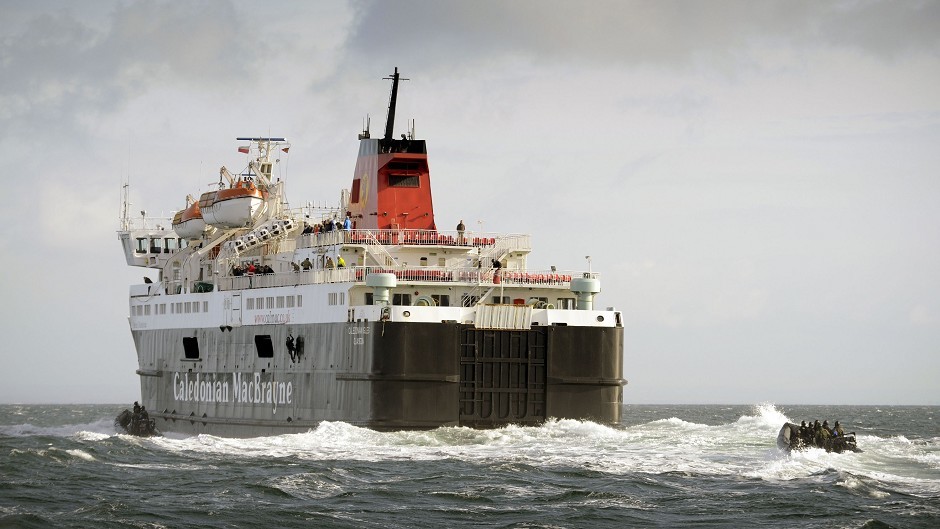A 12-year campaign for a permanent ferry service between South Uist and Mallaig has finally paid off.
The Scottish Government has announced that the route will be among a range of improvements to west coast ferries from next summer.
Campaigners say it would create a much need economic boost, help the tourism and fish-farming sectors and help counter the high unemployment rate in the islands, by regenerating the economy and attract exiles back to live on Uist.
A controversial trial over the last two winters resulted in countless cancellations due to bad weather.
Presently, the main ferry route is a lengthy seven hour run from Oban with the vessel shared with Barra.
In addition, the 1,100 people living in Barra will also receive a better service with return direct sailings every day to Oban for the first time.
Shipping operator CalMac will consult with both island communities over reshuffling its fleet to provide the upgraded timetables by April 2016.
The upgrades announced by transport minister Derek Mackay are significant developments for both islands.
He said the improvements will “help manage the expected increased demand from the full roll out of Road Equivalent Tariff (RET), which gives island residents and visitors access to significantly reduced fares.”
Western Isles Council’s transportation spokesman, John Mackay, said: “The council has lobbied for a permanent Lochboisdale/Mallaig service for a long time and I am pleased that this is now in place.
“I am confident this will be of benefit for the travelling public and for the local economy.”
Isles MP Angus MacNeil said: “This is an improvement on a magnificent scale.”
He added: “I am absolutely delighted to hear of this improvement for the longest of the Cal Mac routes which is in the south end of the Outer Hebrides, serving Barra and South Uist.
And there will be 50 additional weekly sailings on the Oban-Craignure route, making the town a commutable destination from Mull for the first time.
There will also be more sailings on the Mallaig-Armadale route and nearly a third increase in capacity on services to Coll, Tiree and Colonsay.
